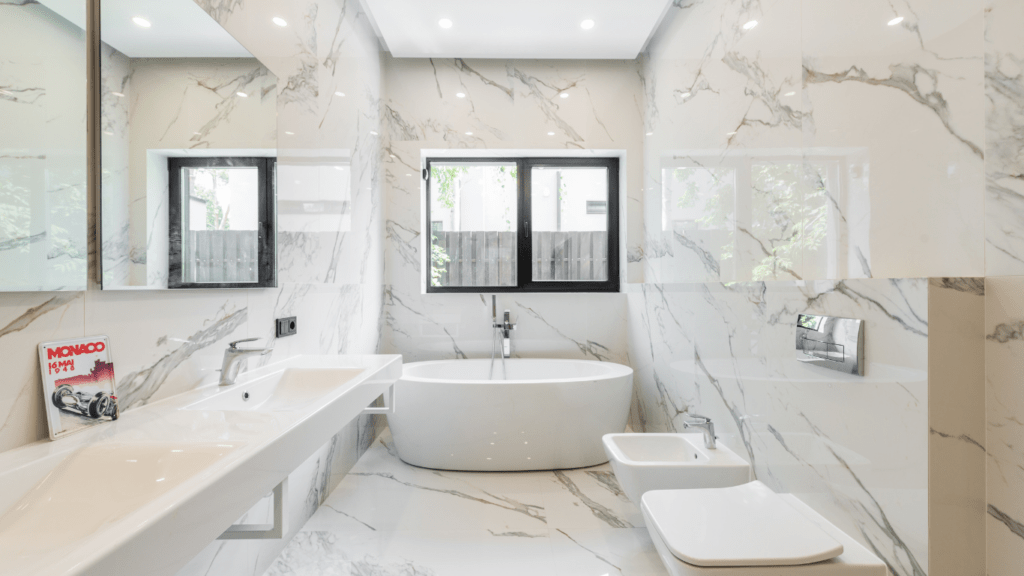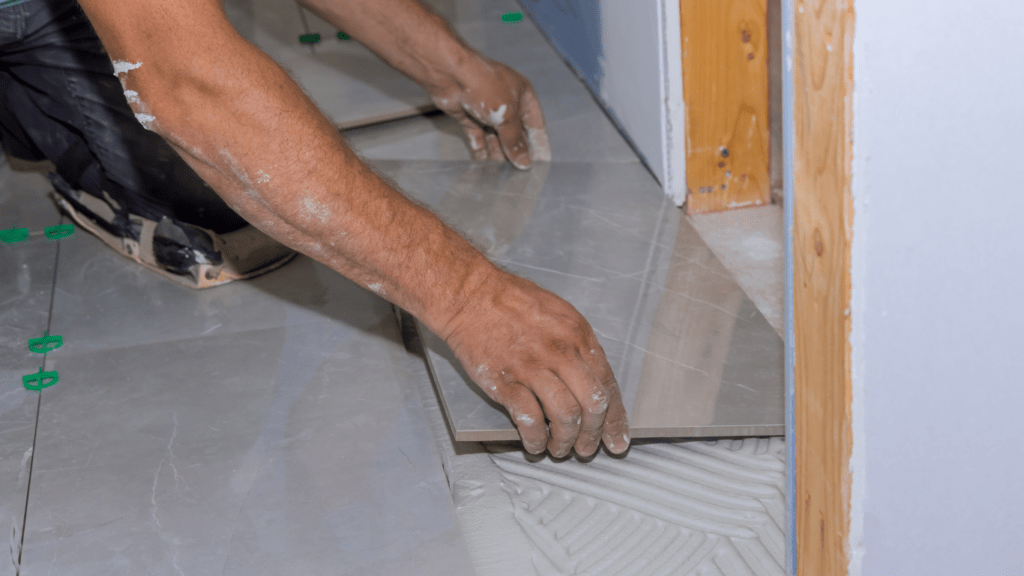Embarking on energy-efficient renovations isn’t just about staying environmentally conscious; it’s a smart financial move that can save you money in the long run while boosting the value of your property. As I delve into the realm of home improvements, I’ve discovered the significant impact that energy-efficient upgrades can have on both your wallet and the overall worth of your home.
From simple changes like upgrading insulation to more advanced investments in solar panels, these renovations not only cut down on utility bills but also enhance the market appeal of your residence. In this article, I’ll share my insights on how energy-efficient renovations can be a game-changer for homeowners looking to reduce expenses and increase property value simultaneously.
By focusing on practical tips and innovative solutions, I aim to empower you to make informed decisions that benefit both your finances and the environment. Join me on this journey to explore the world of energy-efficient upgrades and discover the transformative potential they hold for your home.
Benefits of Energy-Efficient Renovations
Exploring the benefits of energy-efficient renovations reveals how these upgrades can positively impact both the environment and your financial well-being. Investing in energy-efficient improvements, such as enhancing insulation or installing solar panels, not only reduces utility expenses but also enhances the value of your property.
By making informed decisions about these renovations, homeowners can enjoy significant savings while contributing to a more sustainable future.
How to Identify Energy-Efficient Upgrades
Checking for Energy Leaks
To identify potential energy leaks in a home, I recommend conducting a thorough inspection of doors, windows, and any gaps or cracks in walls. Sealing these leaks with weatherstripping or caulking can significantly improve energy efficiency.
Upgrading to Energy-Efficient Appliances
When considering upgrading to energy-efficient appliances, I suggest looking for the Energy Star label. These appliances are designed to consume less energy while maintaining performance. Replacing old appliances with Energy Star-rated ones can lead to long-term savings on utility bills.
Cost-Effective Strategies for Renovations
When considering energy-efficient renovations, it’s crucial to focus on cost-effective strategies that offer long-term benefits. By implementing smart upgrades, homeowners can save money while adding value to their properties. Here are practical tips to guide you in your renovation journey:
- Upgrade to LED Lighting: Switching to LED lights is a simple yet effective way to reduce energy consumption. LED bulbs are more energy-efficient and have a longer lifespan than traditional incandescent bulbs. By making this change, homeowners can save on electricity costs in the long run.
- Install a Smart Thermostat: Investing in a smart thermostat allows you to control your home’s temperature more efficiently. These devices can learn your schedule and adjust the heating or cooling accordingly, helping you save on energy bills without compromising comfort.
- Seal Air Leaks: Inspecting and sealing air leaks in your home is a cost-effective way to improve energy efficiency. Common areas for leaks include doors, windows, and walls. By using weatherstripping or caulking to seal these gaps, you can prevent heat loss and reduce your heating and cooling expenses.
- Maintain HVAC Systems: Regular maintenance of your heating, ventilation, and air conditioning (HVAC) systems is essential for optimal performance. Clean or replace filters as needed, and schedule professional inspections to ensure efficient operation. Well-maintained HVAC systems consume less energy, leading to lower utility costs.
- Energy-Efficient Appliances: When replacing household appliances, opt for energy-efficient models with an Energy Star rating. These appliances are designed to save energy without sacrificing performance. Upgrading to Energy Star-rated appliances can significantly reduce electricity usage and lower utility expenses over time.
By incorporating these cost-effective strategies into your renovation plans, you can achieve energy efficiency, save money on utility bills, and enhance the value of your home. Making informed decisions about energy-efficient upgrades is not only beneficial for your finances but also contributes to a greener and more sustainable future.
Tax Incentives and Rebates for Energy-Efficient Renovations
Exploring tax incentives and rebates for energy-efficient renovations can provide additional financial benefits for homeowners looking to save money and add value to their property. These incentives serve as valuable rewards for making environmentally conscious upgrades, encouraging more individuals to invest in energy-efficient solutions.
When I conducted research on this topic, I found that various government programs, both at the federal and state levels, offer tax credits, deductions, and rebates for energy-efficient home improvements. These incentives are designed to offset the upfront costs associated with renovations, making them more accessible and affordable for homeowners.
For instance, the federal government’s Residential Renewable Energy Tax Credit allows eligible homeowners to claim a percentage of the costs related to installing renewable energy systems such as solar panels or geothermal heat pumps. Taking advantage of this credit can lead to significant savings on both installation expenses and long-term energy bills.
In addition to federal incentives, many states offer their own programs to support energy-efficient renovations. These initiatives may include rebates for upgrading to energy-efficient appliances, incentives for installing insulation or energy-efficient windows, or even grants for implementing renewable energy systems.
By leveraging these tax incentives and rebates, homeowners not only reduce their initial renovation costs but also enjoy ongoing savings through lower energy bills. It’s essential to research and understand the specific criteria for each incentive program to maximize the financial benefits of energy-efficient renovations.
Overall, incorporating energy-efficient upgrades into your home not only helps you save money and increase property value but also opens up opportunities to benefit from valuable tax incentives and rebates. Making informed decisions about these incentives can lead to significant financial rewards while making a positive impact on the environment.





